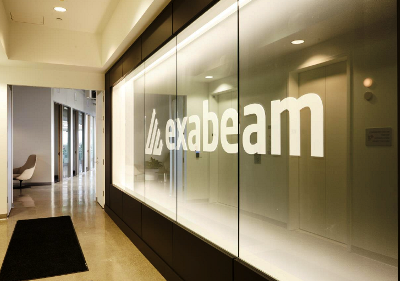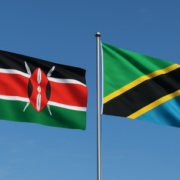Lagos state is drawing nearer to its ambitious Smart city plans as it prepares to launch its state-wide fibre optics duct infrastructure allowing it to connect every inch of its territorial land area of 351,861 hectares or 1,171.28 km2 (452.23 sq mi).
The state has also started state-wide deployment of CCTV (Closed circuit television) all to ride on the fibre optic backbone in a way that further helps to improve security and track traffics.
RELATED: Sanwo-Olu forecasts 1.6m new jobs, $10b GDP growth for Nigeria as Google Equiano sea cable lands in Lagos
CCTV are going beyond selected locations to become a state-wide phenomenon as is the case in advance countries, said a senior official in the governor’s office to IT Edge News in Lagos this week.

Governor Babajide Sanwo-Olu
Lagos is Nigeria’s commercial capital with more than 20 million people and until 1975, it was the administrative capital of the city state. Its state-wide plan for CCTV puts it on the same pedestal with New Delhi. India, touted as the city having the maximum number of CCTV cameras per square kilometre in the world as at December 2021.
CCTV was first used in 1942 in Germany when the system was installed to observe the launch of V-2 rockets. Unlike a TV broadcast that can be viewed by anybody with an antenna, CCTV footage cannot be viewed by people outside the circuit.
Lagos state Governor Babajide Sanwo-Olu has assured the state will continue to invest massively in technology innovations to improve security, monitor and regulate traffic, drive e-governance at all levels to increase operational efficiency, and share information with the public in order to best enhance the quality of government services and citizen welfare.
With its fibre optics duct infrastructure, Lagos expects to have broadband access to “94% of 1,259 known health centres, 97% of 3,046 known schools and universities, over 300 government agencies and commissions. up to 10,000 state CCTV locations, unlimited public wi-fi hotspots and smart city components.”
Notably, improved “broadband will support the deployment of surveillance cameras to efficiently monitor traffic, streets activity, and provide real-time data to security officials to minimize crime and enhance public safety.”
According to Commissioner for Science and Technology, Hakeem Fahm, the 3,000 km of Fibre Metro Network connection in 2020 and additional 3,000km in 2021 across the state is designed to drive the Lagos Smart City programme for a 24-hour economy.
Cities are generally regarded as smart if they fulfil four criteria, usually called four pillars. These are Social Infrastructure, Physical Infrastructure, Institutional Infrastructure (including Governance) and Economic Infrastructure all enhanced by the use of technology.
Lagos is leveraging technology to provide services and solve problems associated with large urban centres including efficient transportation and accessibility as well as improved social services.
Nigeria’s commercial capital is also the major hub for tech companies and is touted as Africa’s top destination for investment in digital infrastructure. There are many data centres in Lagos all privately owned including the recently launched $250 million hyperscale data centre by Kasi Cloud Limited in Lekki Peninsula,





























